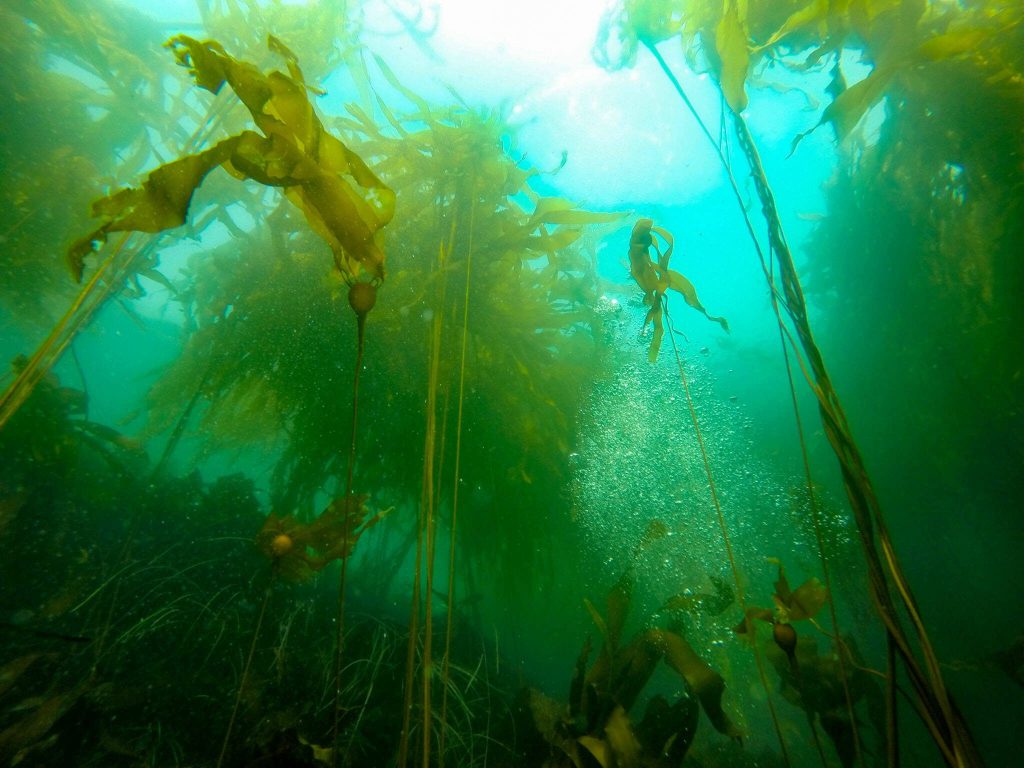Comment: Why state is working to save its kelp, seagrass forests
Published 1:30 am Saturday, April 22, 2023
By Ian Giancarlo / For The Herald
A year ago, The Daily Herald wrote about Washington’s plan to protect and preserve kelp and seagrass (“A scramble to save Puget Sound’s precious kelp and eelgrass,” The Herald, April, 10). At some level, it’s a below-the-surface topic, but if we get it right, this conservation effort will do far more than protect this ocean plant.
Growing up in a small town in rural Connecticut, I was surrounded by dense terrestrial forests lush with pine trees, maple trees and plenty of squirrels. Back then, if you asked me to picture a forest, that would have been it.
I would never have thought to consider marine forests full of kelp, seagrasses and seals as forests. But they are, and these underwater forests are ecologically valuable to our state.
Swaying gracefully beneath the ocean waves are kelp forests, vast fields of towering plants that can grow more than a foot each day and stretch from the seabed to the surface. These underwater thickets, found along the coasts of Washington, Oregon and California, provide food and habitats for wildlife such as sea otters, seals and octopuses.
In addition to providing animal habitat, kelp forests help fight climate change by absorbing more than 20 times more carbon than their land counterparts. Further, when powerful climate-change fueled storms threaten coastal communities, kelp reduce the size and strength of waves before they crash ashore.
Kelp also play an important role in sustaining nearshore ecosystems. In the Pacific Northwest, abundant populations of fish that benefit local communities and livelihoods — abalone, rockfish, urchins and Dungeness crab, to name a few — all call kelp forests home.
Kelp has been woven into the daily lives of Pacific Northwesterns for centuries. Long before settlers arrived, coastal tribes used this versatile resource in many aspects of their lives. In 2023, cooks still use kelp as a key ingredient in many foods such as sushi and salad dressings, it’s found in some dairy products and shampoos and fishers use it to make nets and rope.
But this precious resource may not be around for future centuries. Over the past few decades, scientists have observed that as much as 80 percent of previously observed kelp have disappeared in some places along our coast. Experts attribute these declines primarily to water pollution and climate change.
The good news is Washingtonians are recognizing the importance of this amazing underwater plant and taking action to conserve their ocean forests.
In 2022, Gov. Jay Inslee signed Senate Bill 5619, which set an ambitious goal for the state of Washington to conserve and restore 10,000 acres of kelp and seagrass habitat by 2040. As a result, the state Department of Natural Resources created its Kelp Forest and Eelgrass Meadow Health and Conservation Plan, which seeks to engage local tribes, nonprofits, other community members and federal agencies on the matter of kelp conservation.
Like so many problems, the decline of kelp is happening right under our noses, yet out of view. For the sake of our climate, our wildlife and our Pacific Northwestern way of life, we need to bring this problem to the surface and come up with a sustainable solution.
Ian Giancarlo is an oceans advocate with Environment Washington.



